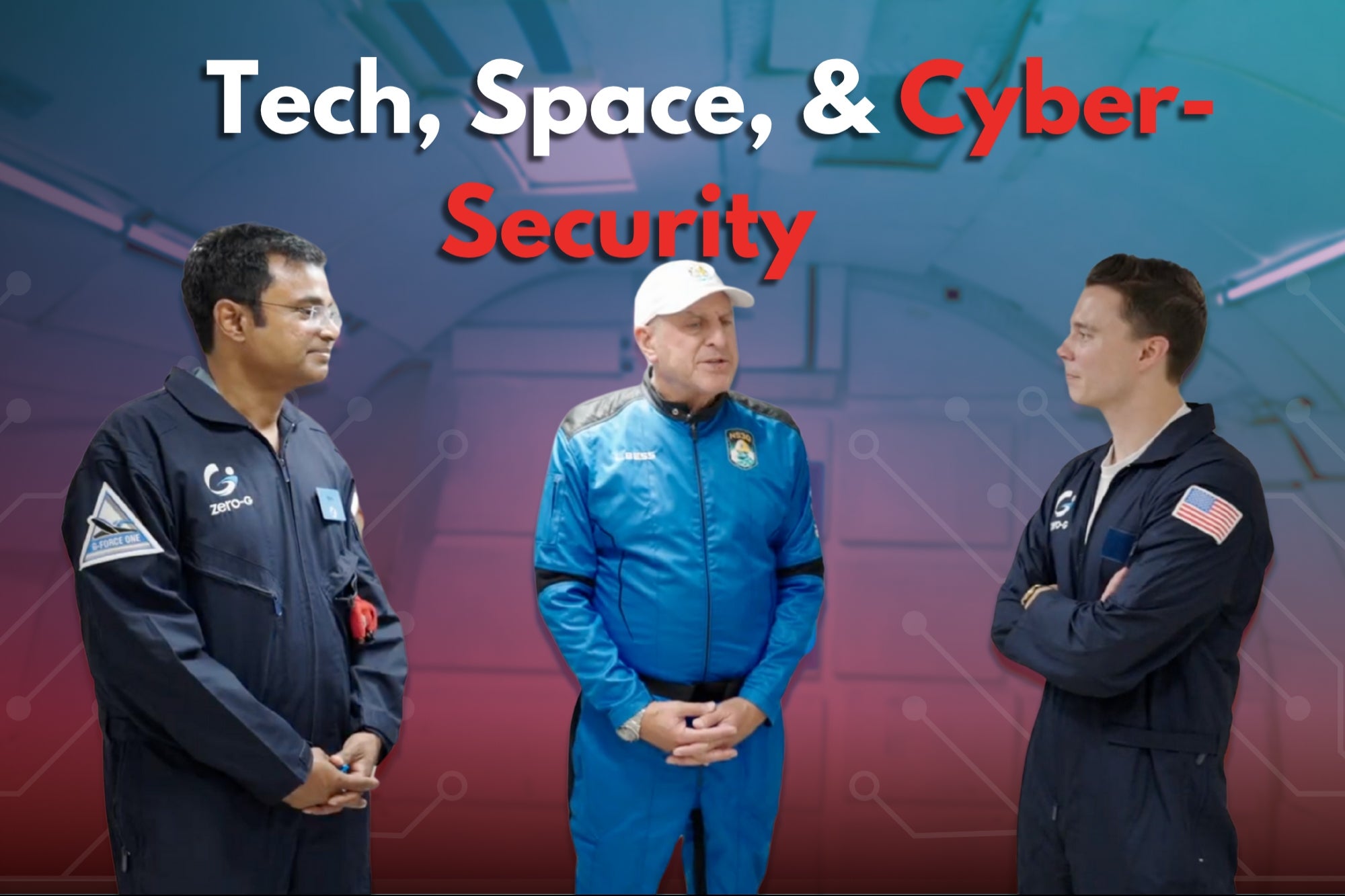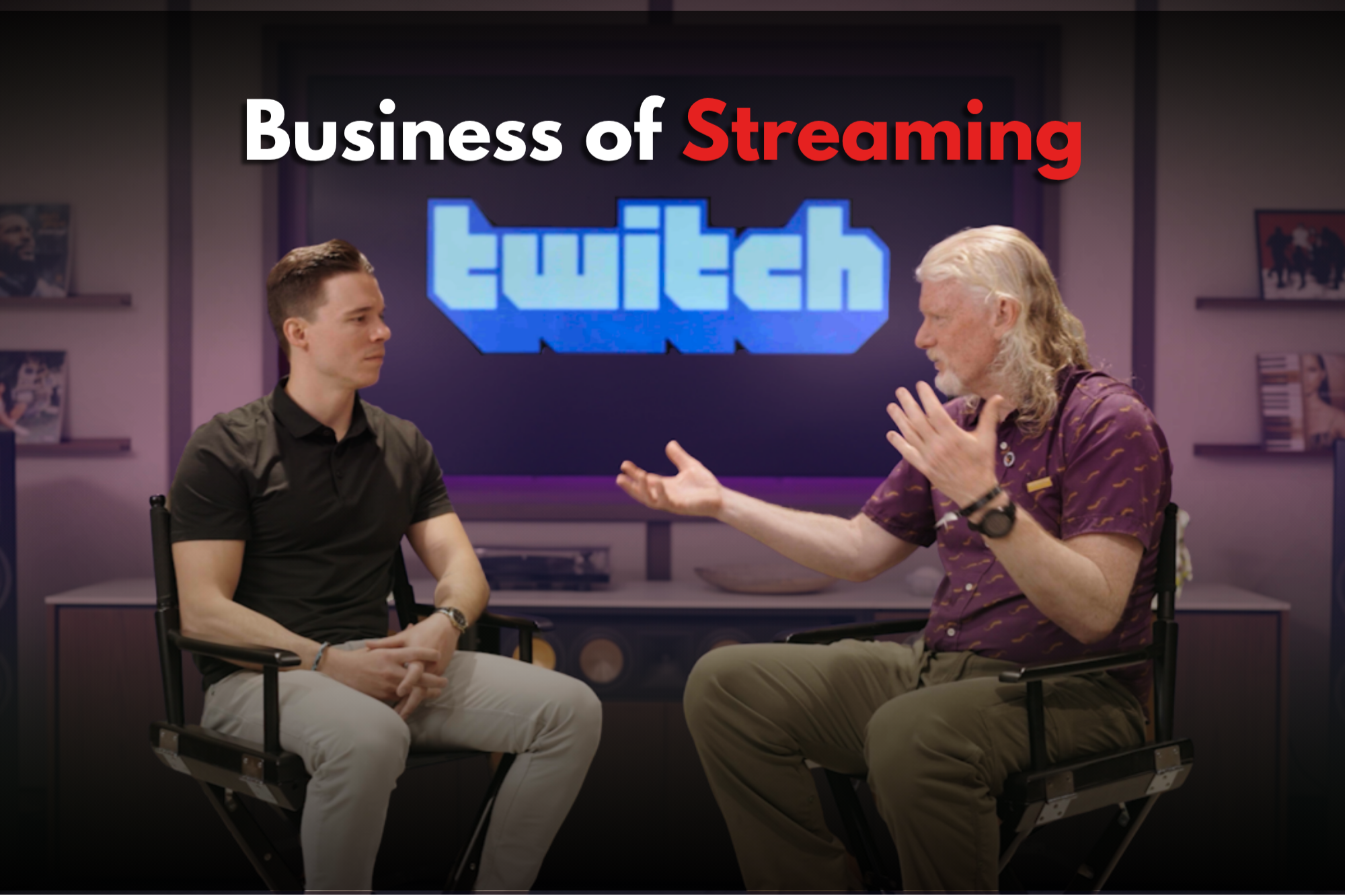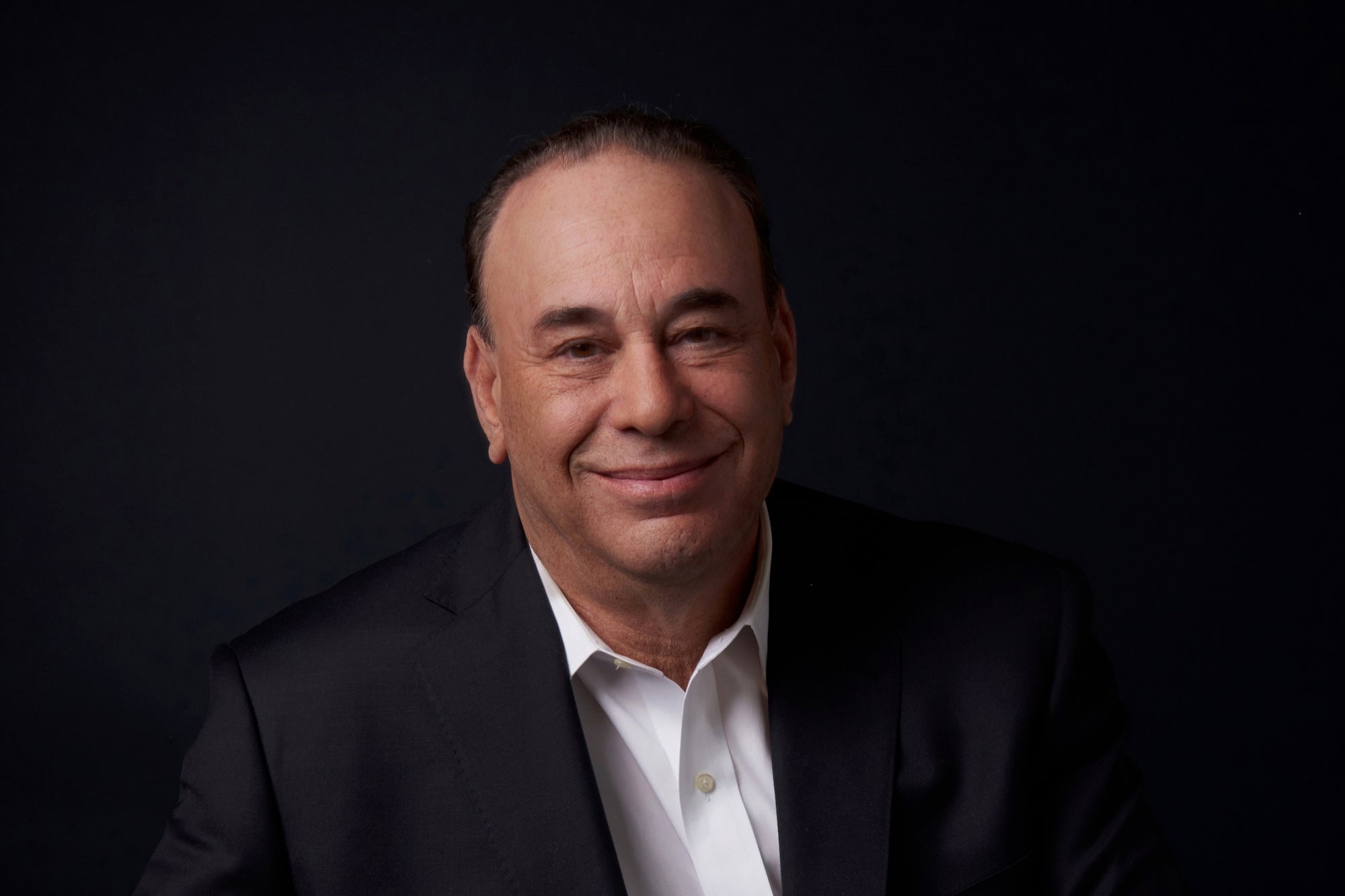Opinions expressed by Entrepreneur contributors are their own.
When I sat down with Lane Bess, CEO of Deep Instinct, and Dinakar Munagala, CEO of Blaize, I didn’t expect the conversation to range from AI-powered cybersecurity to the challenges of edge computing and space travel. But that’s what I love about these interviews — they’re never just about business strategies or forecasting. They’re about how leaders think, what drives them, and I get a bit of insight into their experiences as business leaders.
Lane runs Deep Instinct, a cybersecurity company using deep learning AI to prevent attacks before they occur. He talked about how “dark AI” is making prevention critical, as cyber threats evolve with frightening speed. Dinakar’s company, Blaize, builds semiconductor chips for edge AI applications — essentially bringing the brainpower of AI directly to where data is captured. At least that’s what my non-technological brain comprehended when he told me about it.
Related: The CEO of Thomson Reuters Is Betting Big on AI-Driven Innovation. Here’s What Every Leader Can Learn From His Approach.
What stuck with me was their view on AI as both savior and threat. Both CEOs see AI as a net positive for society, yet they’re realistic about its risks. Lane pointed out how AI makes cyber attacks exponentially faster and more dangerous. Dinakar noted that wars evolved from humans to machines, and now we’re entering an era of AI warfare. It was sobering but necessary to hear leaders acknowledge the dark side of the tools they champion.
We also touched on their personal journeys. Lane shared how he grew up wanting financial security after a childhood in a broken home, while Dinakar recounted his family’s entrepreneurial roots in India — from his grandfather transporting rice via waterways to his father’s corporate leadership. Both left stable corporate paths for riskier ventures, and both admitted fear played a role. Dinakar called leaving Intel “crazy at the time,” while Lane described his near-signing with OceanGate’s ill-fated Titan mission as a moment of pause that left him grateful for good judgment.
Then there was space. Lane has been to space twice with Blue Origin and is an investor in Zero G flights. When asked why wealthy people spend millions to orbit Earth while there are problems below, he said it’s about pioneering technology that should eventually become practical for all. He knows the criticisms, but his belief in humanity’s future frontiers drives him forward. This interview took place shortly after the infamous Katy Perry flight, where that Blue Origin crew received quite a bit of public backlash for their space flight.
Related: 5 CEOs Sat Down for a Candid Conversation — What They Revealed Could Change Your Entire Perspective on Leadership
Walking away from this conversation, I found myself thinking less about the technical details of cybersecurity or AI and more about the mindset it takes to build companies in these spaces. Both Lane and Dinakar carry an urgency in their work — they understand the risks, the stakes and the speed at which it all evolves. But beyond that, there’s a sense of responsibility in how they lead. It reminded me that in industries moving this fast, leadership isn’t just about having a vision for what’s next. It’s about having the conviction to act on it before anyone else does and doing so with integrity, so we make a better world.
When I sat down with Lane Bess, CEO of Deep Instinct, and Dinakar Munagala, CEO of Blaize, I didn’t expect the conversation to range from AI-powered cybersecurity to the challenges of edge computing and space travel. But that’s what I love about these interviews — they’re never just about business strategies or forecasting. They’re about how leaders think, what drives them, and I get a bit of insight into their experiences as business leaders.
Lane runs Deep Instinct, a cybersecurity company using deep learning AI to prevent attacks before they occur. He talked about how “dark AI” is making prevention critical, as cyber threats evolve with frightening speed. Dinakar’s company, Blaize, builds semiconductor chips for edge AI applications — essentially bringing the brainpower of AI directly to where data is captured. At least that’s what my non-technological brain comprehended when he told me about it.
Related: The CEO of Thomson Reuters Is Betting Big on AI-Driven Innovation. Here’s What Every Leader Can Learn From His Approach.
The rest of this article is locked.
Join Entrepreneur+ today for access.








